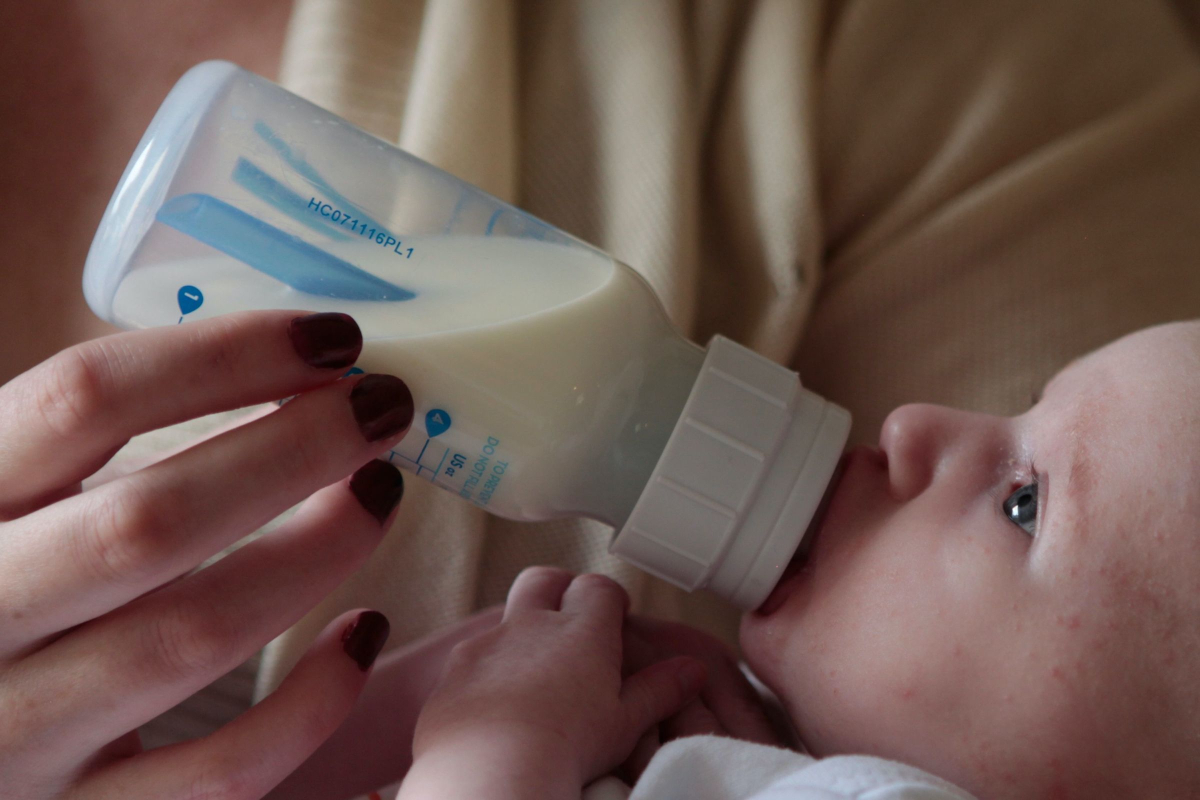The U.S. Food and Drug Administration (a.k.a. FDA) has recently issued a Call-to-Action regarding a Cronobacter outbreak from contaminated powdered baby formula. This official government notice was aimed at baby formula distributors, importers/exporters, and retailers. It was designed to create a unified effort to prevent future outbreaks of Cronobacter, which is a naturally occurring germ with the potential to cause distress, sickness, and even death for some infants if ingested.
The Food and Drug Administration has provided baby formula companies with various steps/suggestions to help prevent future Cronobacter illness outbreaks. For example, recommendations include ways to environmentally control water in dry production areas – making it difficult for pathogens to invade sanitary and hygienic manufacturing conditions and environments.
The Backstory
The Food and Drug Administration’s newly revised strategies directly resulted from reported infant illnesses that occurred at the end of 2021 and into the beginning of 2022. At that time, the Food and Drug Administration’s investigative efforts determined that the infant illnesses were sourced from an Abbott Lab manufacturing facility in Sturgis, MI.
Abbott Laboratories, the largest supplier in the U.S. of baby formula, was required to recall several of the company’s popular infant formulas. And the company’s Sturgis facility was temporarily shut down in 2022 after it was discovered that the facility had failed to comply with sanitary protocols and conditions.
Side Effects of the Infant Formula Recall/Plant Shut-down.
As one would expect (and the FDA acknowledges in its Call-to-Action), reducing the production of a popular infant formula eventually led to a nationwide shortage of infant formula in 2022. The FDA also admitted its own shortcomings in response to the entire situation.
Recently, it was disclosed that at the end of 2022, the Western District of Michigan of the U.S. Attorney’s Office had begun a criminal investigation into Abbott’s infant formula manufacturing processes.
The Takeaway
The Food and Drug Administration reminds manufacturers and distributors of powdered infant formula that they continue to face more than Cronobacter risks. They must also identify and control other reasonably foreseeable biological hazards, like Salmonella and Clostridium botulinum.


